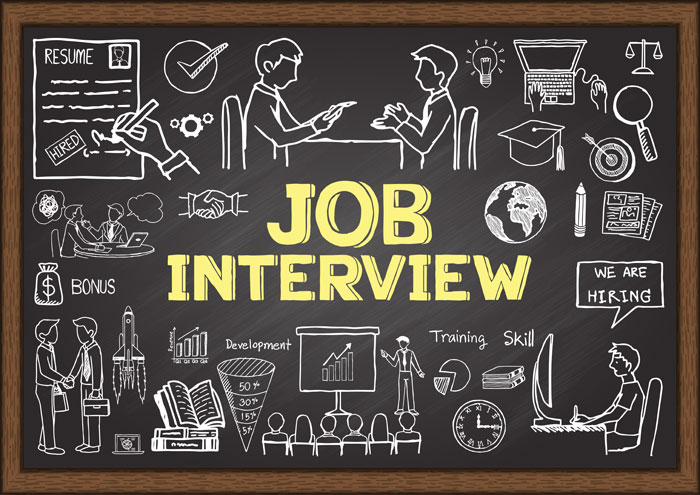
Unplanned interviews are:
- Disorganised. Where to begin, where to move to, what to talk about, all these questions are left in the air, so that the interviewer is half-depending on the interviewee to provide the interview with a purpose and a direction. The result of unplanned interviews sometimes is that the interviewee takes control. When this happens the interview is virtually at an end, because there is no longer any real communication between the participants.
- Unfocused. Without a pre-defined purpose, interviewers usually do not know what questions to ask or what areas to examine. The attention of the interviewees wanders and they quickly become bored while waiting for their interviewers to think up the questions.
- Time-consuming. The time spent in the unplanned interview is often far out of proportion to its results. What starts as a brief interview on a subject of relative unimportance turns into a long, tedious discussion because the interviewer is trying desperately to find a single topic on which to concentrate.
- Uncontrolled. A good interview resembles a lively conversation, and this is the way it should be, provided both parties realize that it is not (a theme that will be developed more fully later). The interviewer's role is essentially one of control, the interviewee's of response. When interviewers go into an interview unprepared there is the danger that they will lose control and whatever purpose the interview may have had will also be lost.
- Emotionally overcharged. With prepared interviews interviewers anticipate problems that might arise and so are ready to deal with them calmly and objectively. Unprepared, they are thrust willy-nilly into the maelstrom of emotions that can arise, particularly when sensitive personal matters are being dealt with. Unless they can reassert their control, the interview will collapse.
- Inconclusive. If the interviewer and the interviewee are uncertain why the interview is taking place, the chances are they will not reach any useful conclusions. Such interviews usually end with the interviewer reassuring the interviewee that, though they've not reached any decision, 'It's been nice chatting to you.' In truth, they both know that the whole business has been a waste of time.
- Create confidence. The manager who claims that anyone with a little commonsense can interview is probably hiding the suspicion that he or she might not be very good at it. It takes certain courage for managers to accept that interviewing is difficult, that not everyone can do it, or do it well, and that some help may be necessary to improve their skills.
If lack of confidence is a problem for you, the good news is that proper preparation will go a long way towards solving it. The more you have worked out in advance what you want to get out of the interview and how you intend to handle it to ensure that you do, the better you will be able to control and direct it to where you want it to go.
Interviewees take their cues from the interviewers, and if the latter appear confident and self-assured, the interviewees will also feel less anxious and more eager to help, so everyone wins.
- Permit good listening. Asking questions is only half the interviewer's work; the other half is listening to the replies. It is almost impossible to practice good listening principles if you are not well prepared for the interview. Good listening requires an attentive mind, one that is focused on what the interviewee is saying, and you cannot achieve this if you are worrying about such basic problems as why you called for the interview in the first place, what the questions are that you should be asking and where the interview is heading.
A clear head is vital to the conduct of the successful interview, and it can be achieved only through forethought and planning.
- Earn respect. Interviewing is a two-way process. We, the interviewers, are judging the interviewees' performance, but at the same time they are judging ours. From surveys that have been conducted by various organizations on interviewing skills, managers by and large do not come out very well. Complaints are many, but most of them can be put down to lack of planning.
Interviewing is one of the core management skills, and it is not too far-fetched to say that the manager who treats every interview seriously and prepares for it properly, who conducts it courteously and efficiently, who does not waste time, who asks interesting questions and listens carefully to the replies is going to be a successful manager, well liked and respected by all.
Recruitment interviewing particularly involves people outside the organization, so it should be regarded as an important part of public relations. If an interview is properly handled, the interviewee will regard the organization itself in a good light; but if the interviewer is unprepared and wastes time, the interviewee will condemn the organization as well as its representative
